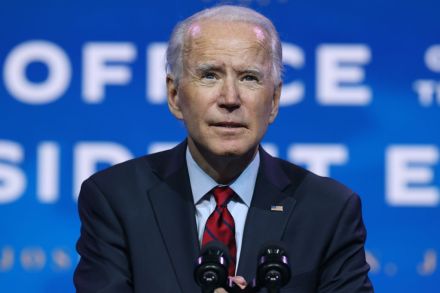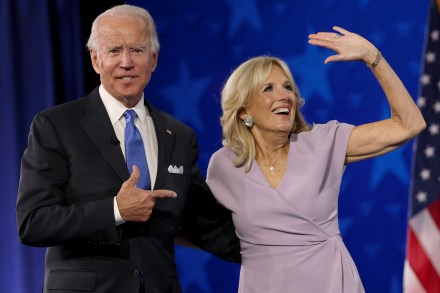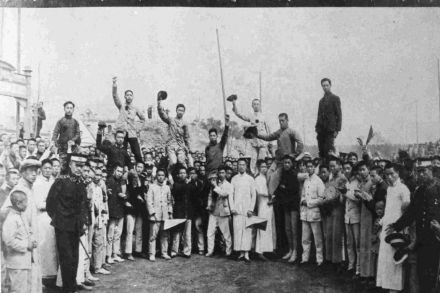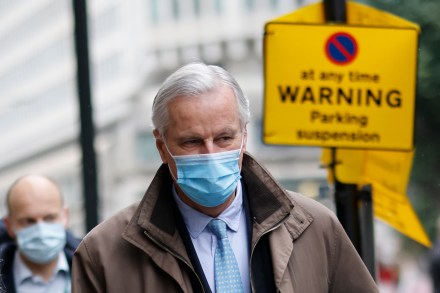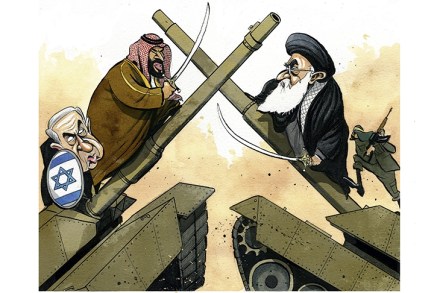Islam must adopt the Moroccan model
After becoming the latest Arab state to formalise ties with Israel, the fourth in as many months, Morocco has gone a step further; it will start teaching Jewish history as part of the school curriculum. Morocco is now the first modern Arabic state to embrace its tradition of religious pluralism — a pluralism that has over the decades faded into mono-cultural Sunni Islam. Over the last 70 years, the number of Jews living in Morocco has fallen from half a million to just 2,000. In January, Moroccan King Mohammed VI visited a Jewish museum and synagogue in Essaouira to celebrate the country’s pluralistic past as well as the Moroccan monarch’s



